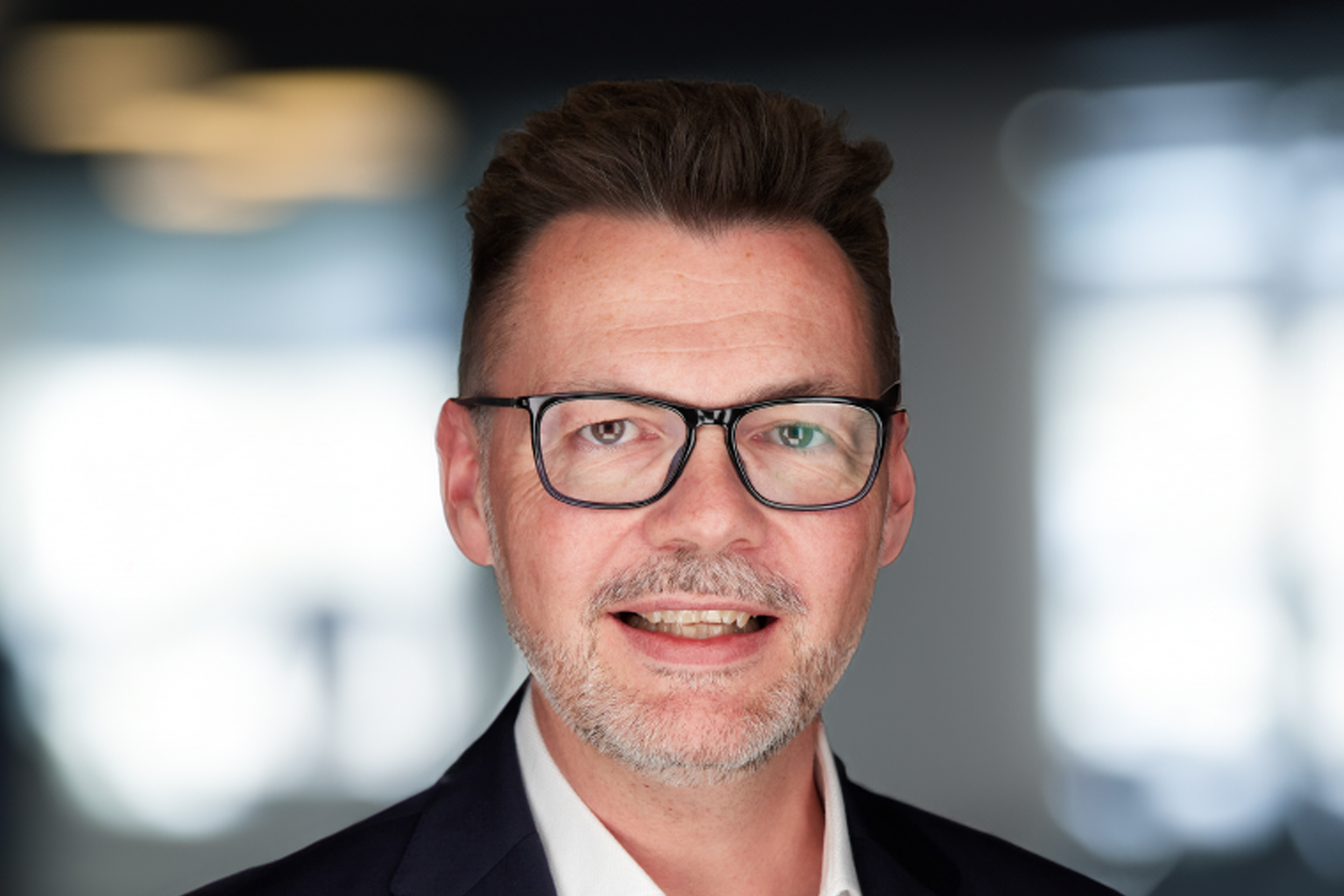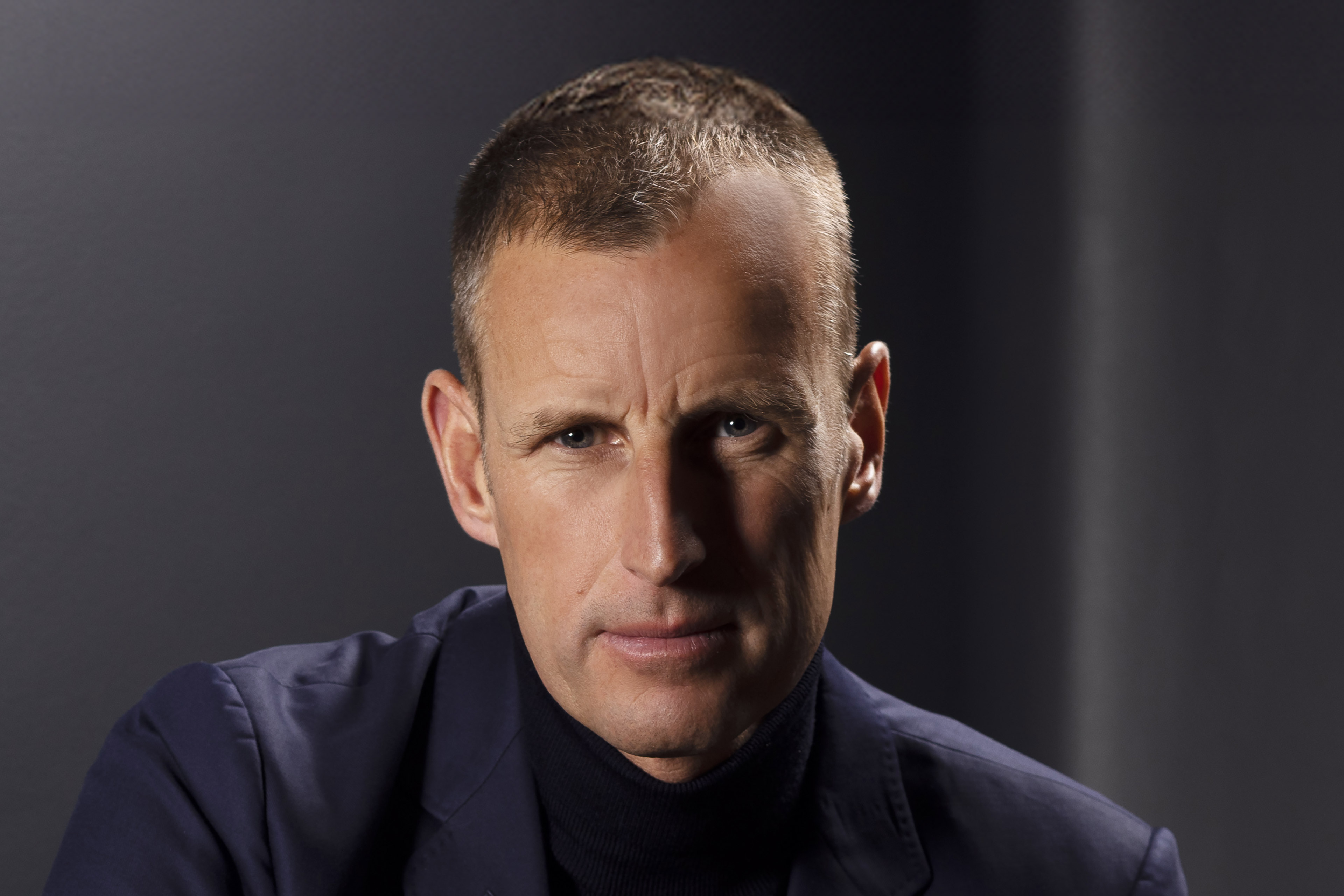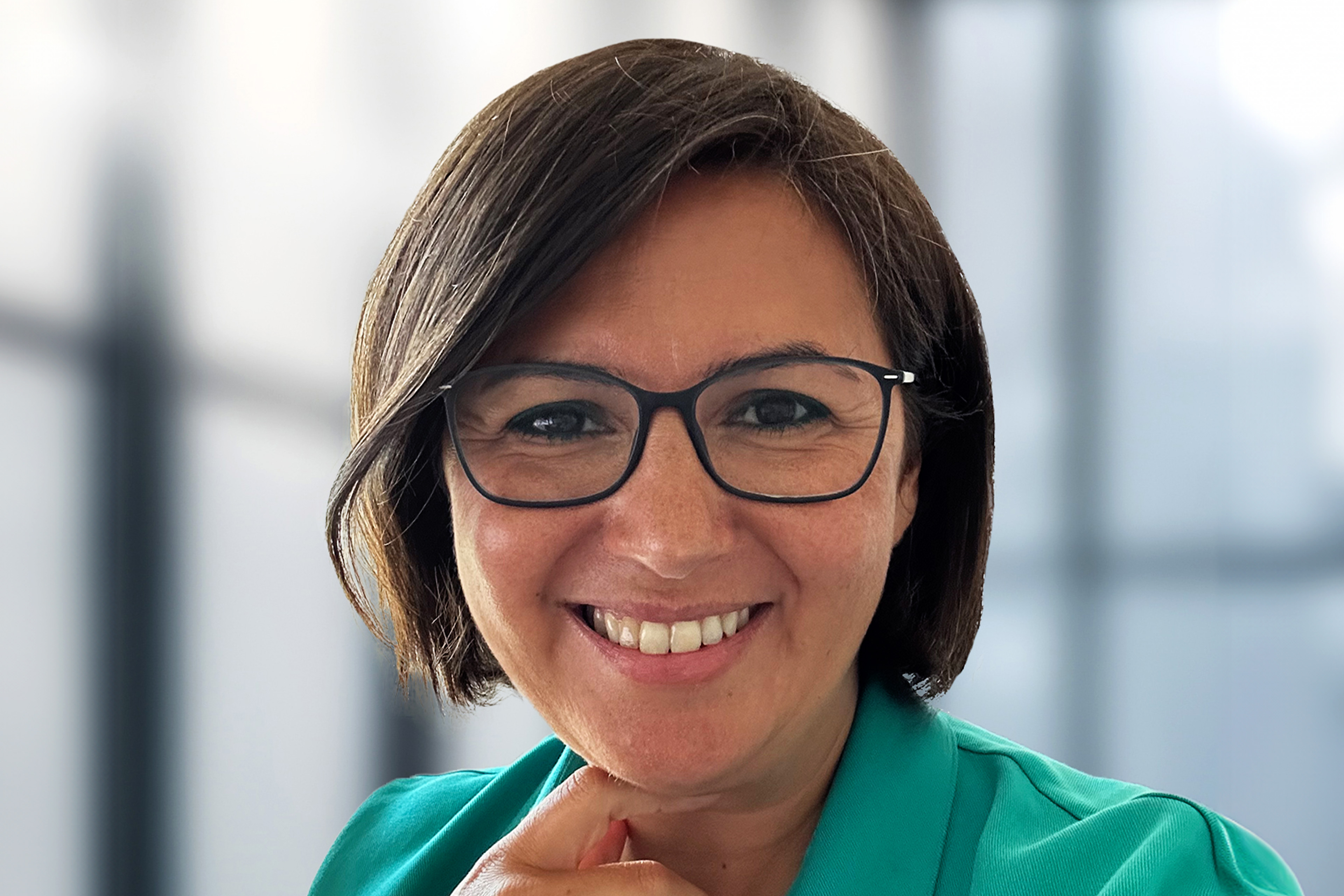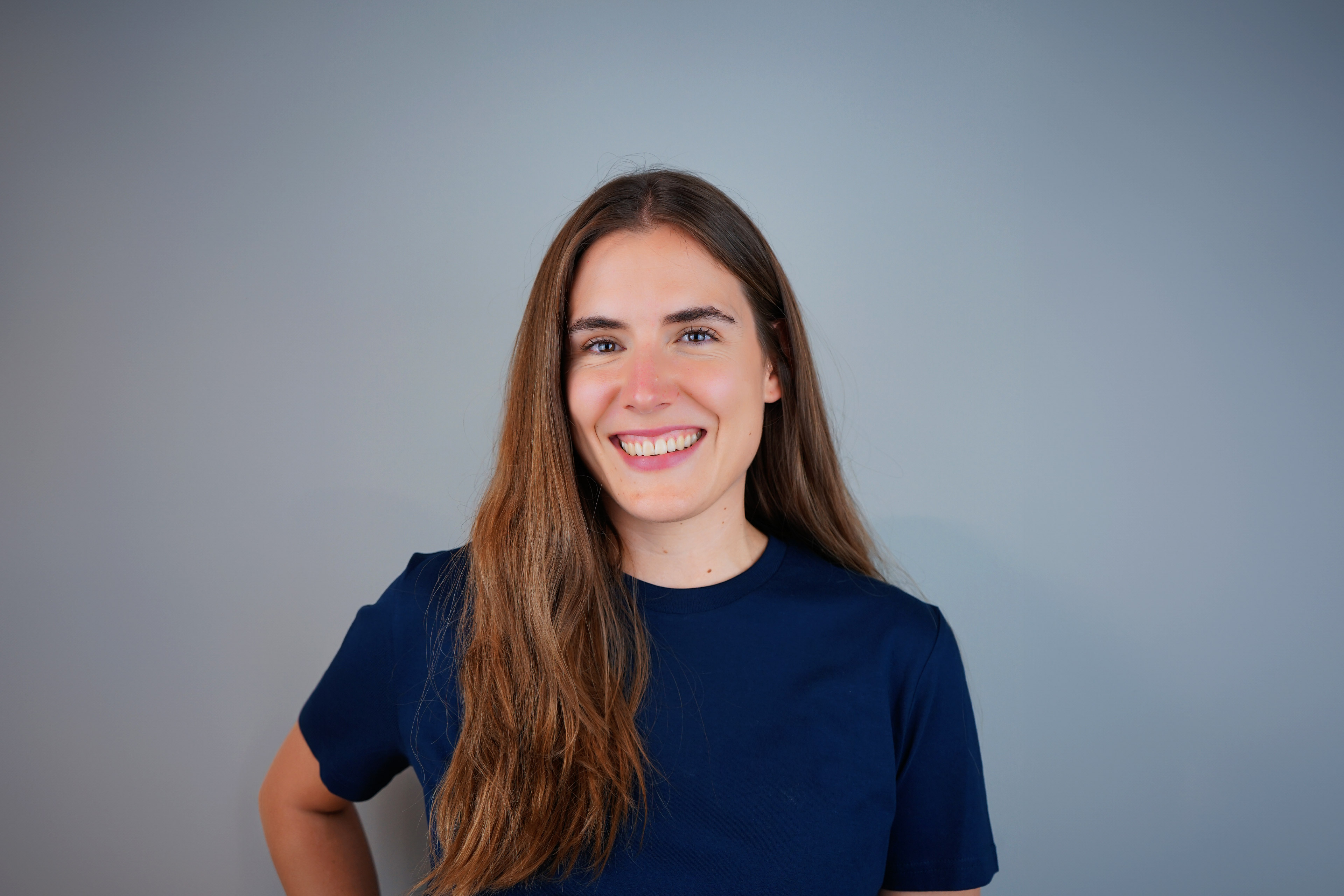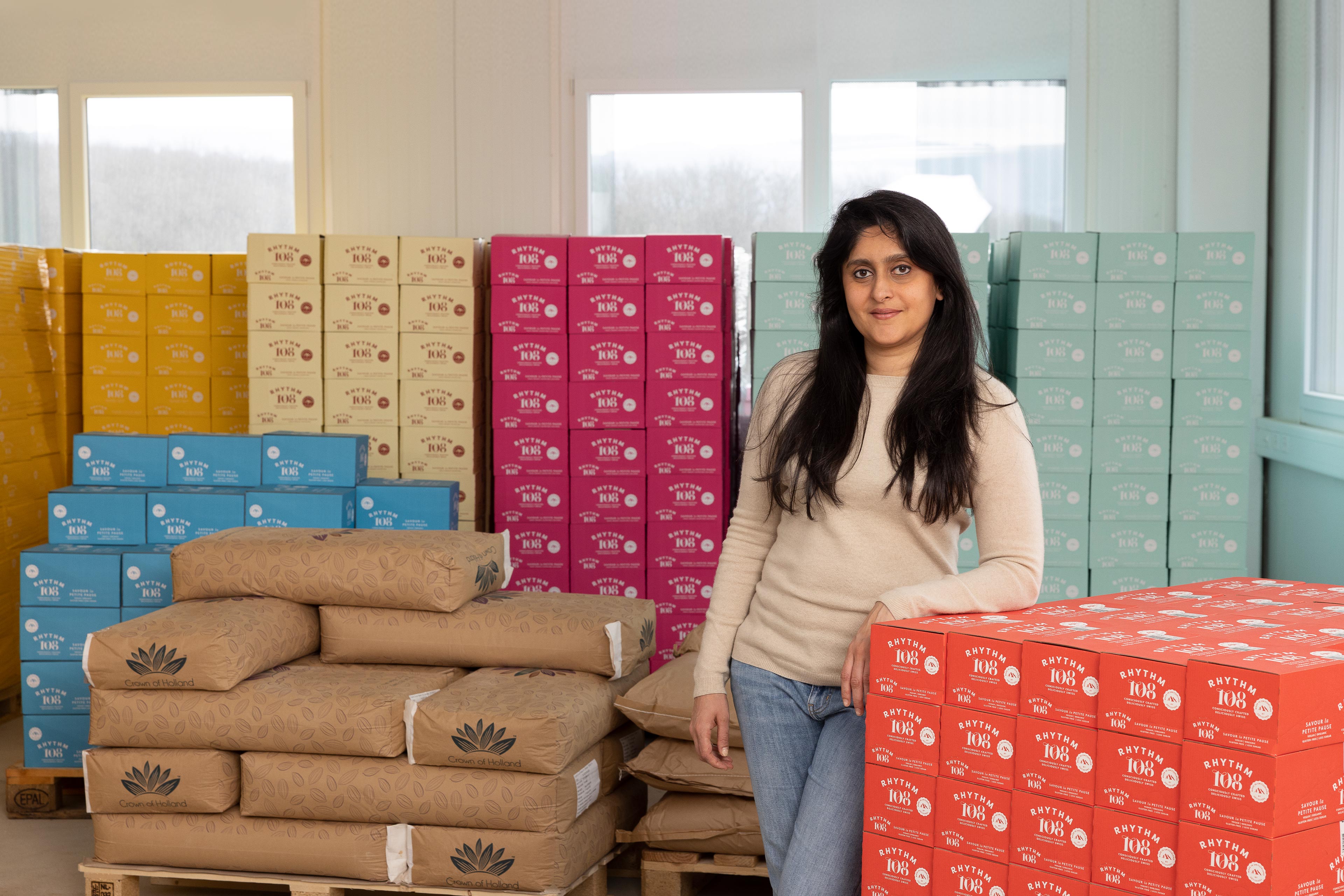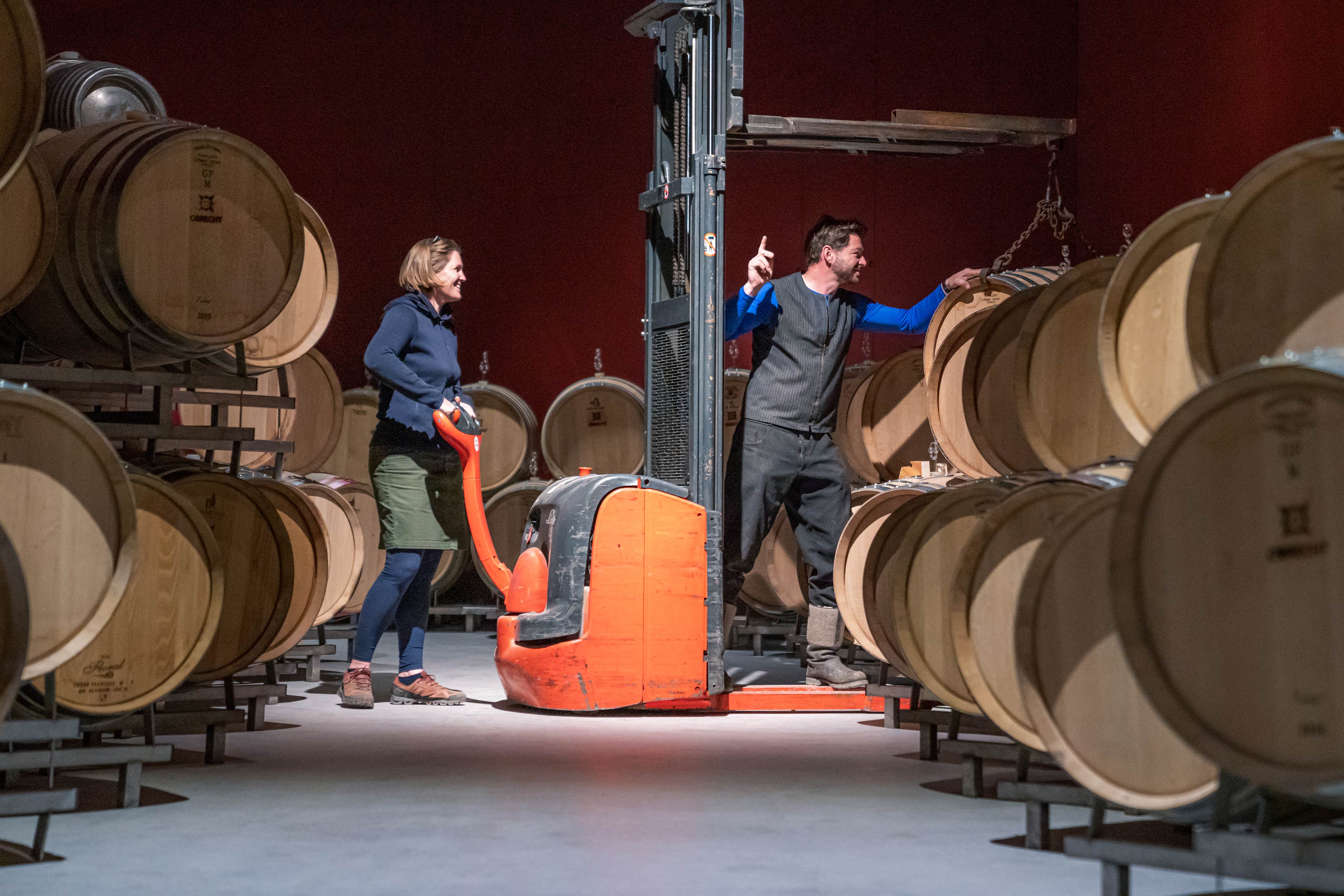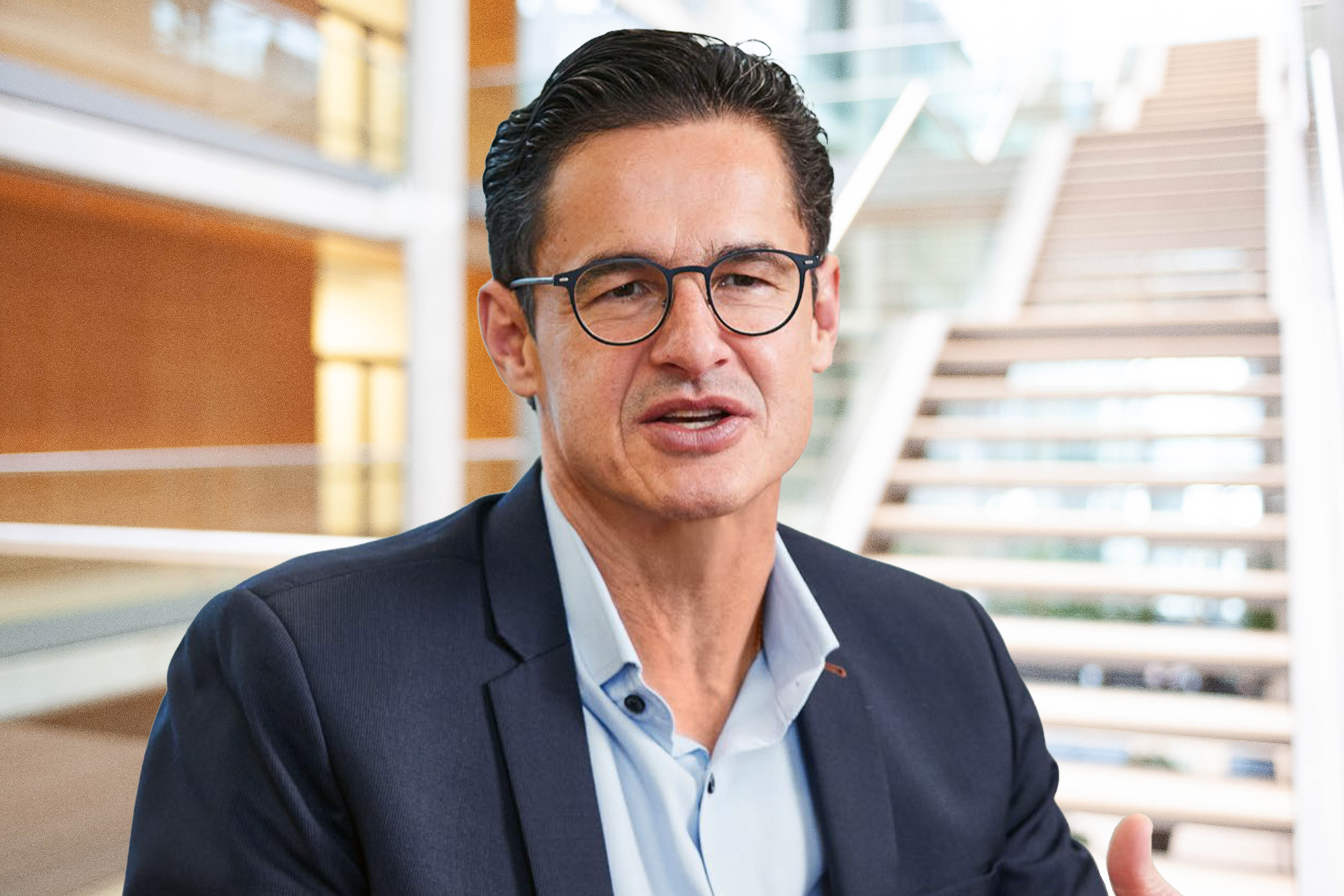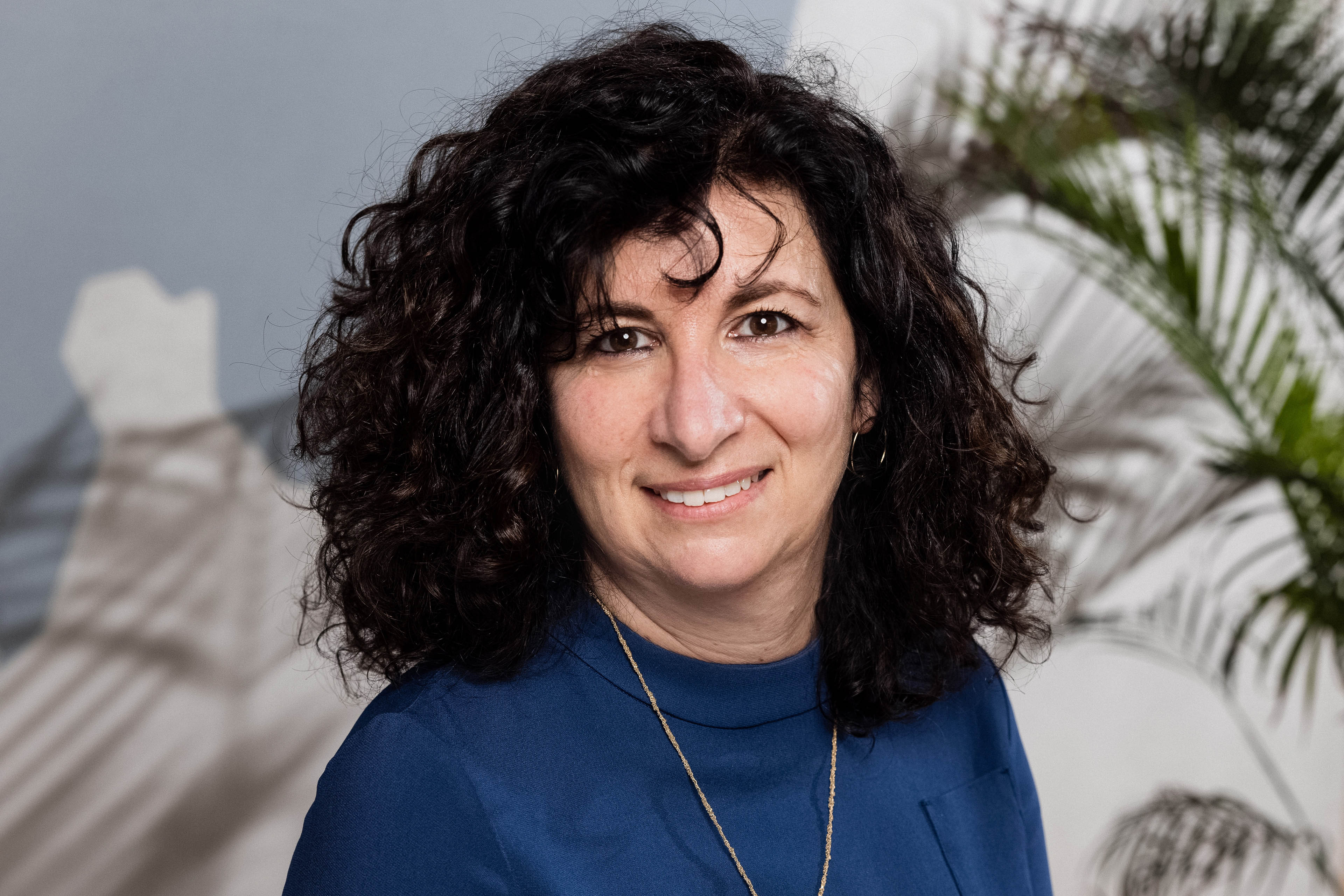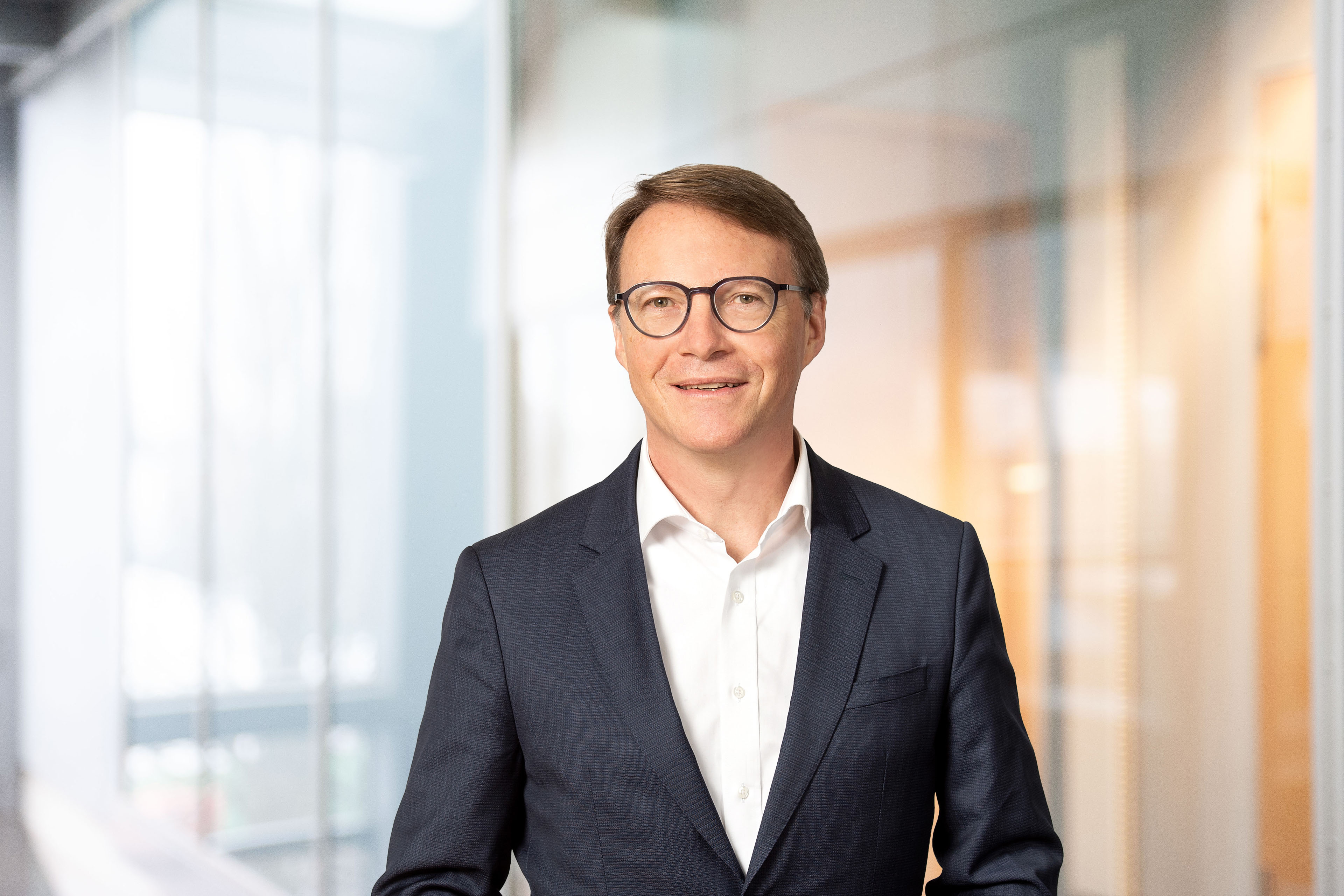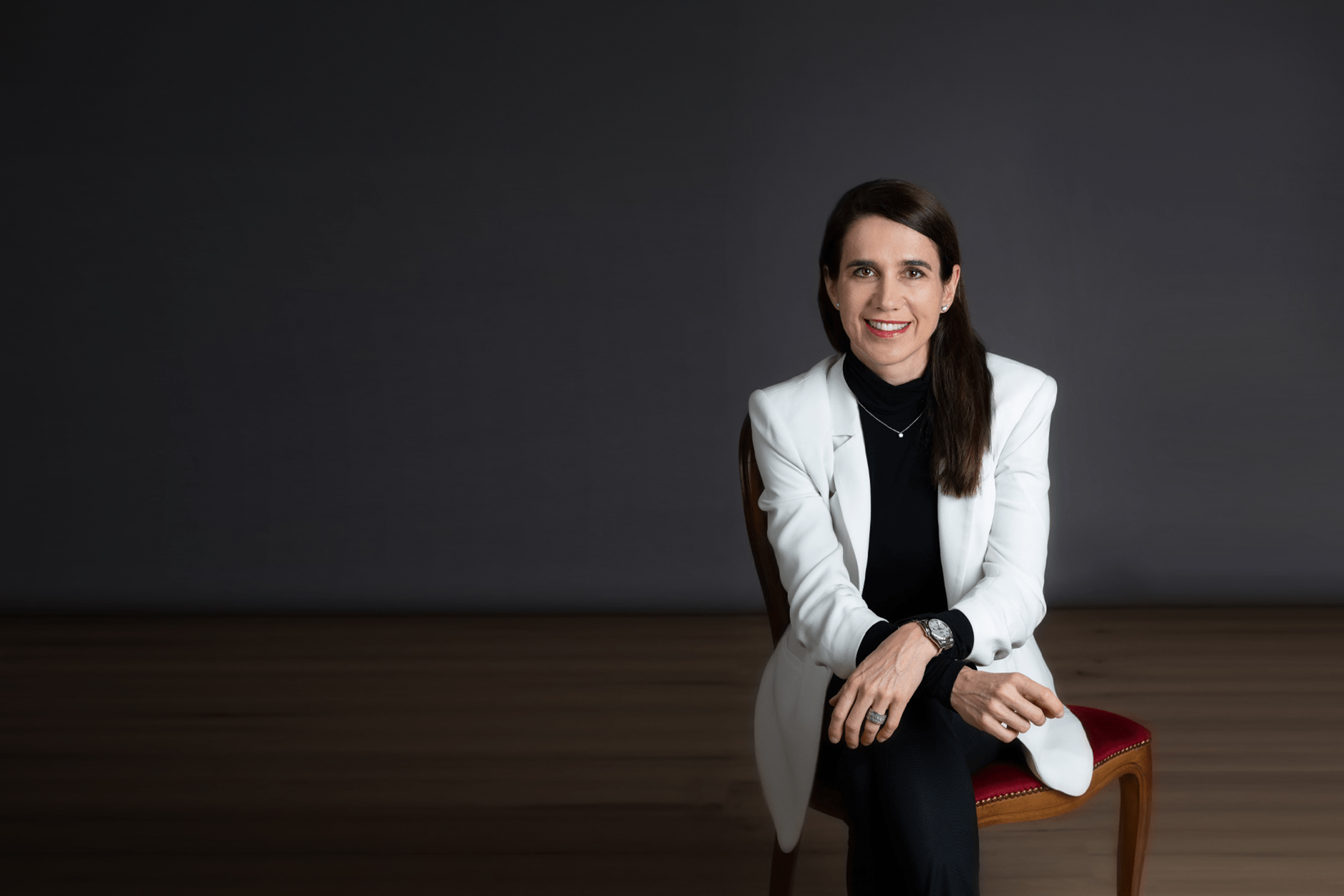EY refers to the global organization, and may refer to one or more, of the member firms of Ernst & Young Limited, each of which is a separate legal entity. Ernst & Young Limited is a Swiss company with registered seats in Switzerland providing services to clients in Switzerland.
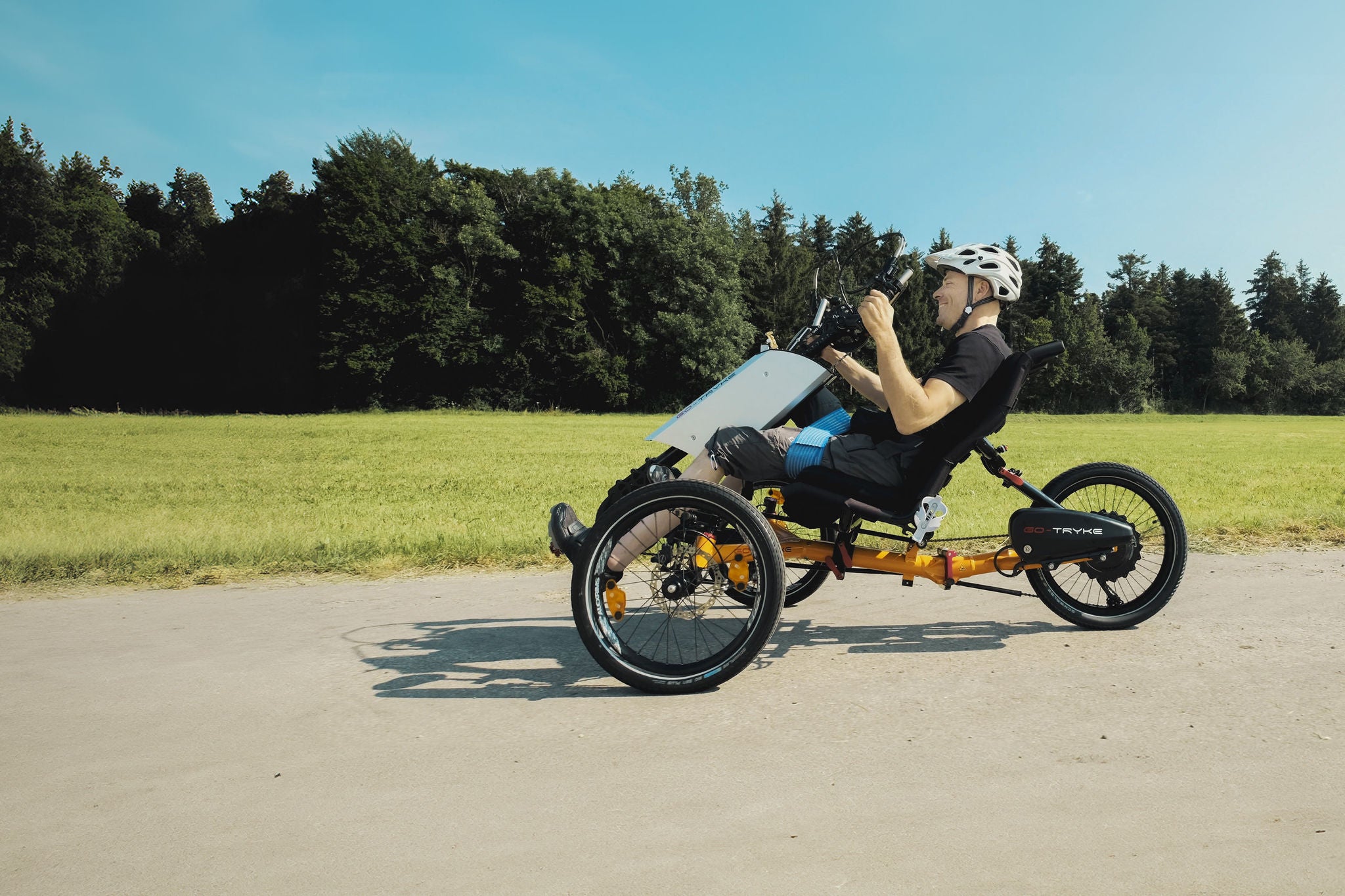
“I had to rethink everything I had taken for granted
Sebastian Tobler
Sebastian Tobler is co-founder and CEO of GBY SA, which has developed a new approach for the rehabilitation of people with reduced mobility. An automotive engineer by training and trade, Sebastian Tobler’s life took a new direction when a bike accident left him paralysed. Alongside his entrepreneurial activities, he heads the SCI-Mobility Lab as Professor at the Bern University of Applied Sciences.
Sebastian Tobler, co-founder of GBY SA, is dedicated to improving the health and quality of life of people with major mobility issues. He discusses his own progress using the innovative GO-Tryke, his journey into entrepreneurship – and why family is the most important thing.
What is your personal journey and what inspired you to start your business?
I am someone who never expected to have an accident, so there’s a before and an after. Before, I was a father of four children, engaging in many outdoor activities and sports, loving nature, going out, and working as an automotive engineer, including some teaching. Then all of a sudden: an accident that left me paralyzed.
From there, it was a new life. I had to rethink everything I had taken for granted such as breathing normally, eating, being able to go to the bathroom myself, having a heart that keeps up with my activity. All that was gone. I found myself in hospital facing these realities. The doctors told me there was no hope for improvement, that I’d have to get used to it.
It made me think about what my future could hold. What stood out was my strong desire to continue discovering what this body could do. To find new ways to do the things I've always loved, like spending time outside in nature and walking. After the accident, I started to look for solutions, drawing on what I had been, on who I am ultimately: someone who did a lot of sports, an engineer and a family man with good friends and a supportive environment. I was open to starting this adventure but I didn’t have any entrepreneurial ambitions at that time, it was just about discovering myself and my own new limits.
I started to look for solutions, drawing on what I had been, on who I am ultimately.
Innovation often stems from a deep understanding of specific challenges. How do your GO-Tryke bikes aim to solve the difficulties faced by people with limited mobility?
In 2014, when I came home from hospital, I started training a lot. I started tracking everything in Excel tables so I could understand how my body works and identify potential for improvement. Imagine someone training up to 37 hours a week in a basement. It’s enough to drive you crazy – I needed to get outside. I’d been thinking about a three-wheeled bike that allowed movement for some time, but didn’t know how to realize it.
I was also increasingly keen to get outside and move my legs but it felt like a big obstacle at the time. People would ask what I wanted to achieve by moving my legs, whether I thought I could walk again. I’d reply that I just wanted to be able to move my arms and my legs for the benefit of my health. As the exercises progressed, that’s where the GO-Tryke was born. When I went out on it, I had this feeling of being whole because when I moved my arms, I could see my legs moving, too.
This dual movement is so important for others as well. Look at the Paralympics. Participants cycle, play rugby, compete in basketball, all sorts of disciplines. But they don’t move their legs. I think it’s important to do so. Did you know there are paraplegics who can activate at least one leg muscle, maybe even two or three? Are you supposed to just leave those individuals in a chair and tell them to get around only using their arms? Their legs will atrophy due to lack of exercise and are no longer going to help with transfers, so the risk of falls and overloaded shoulders increases.
When did you have the idea of starting a business?
With the GO-Tryke prototype I felt my whole body moving in the middle of nature. A wonderful feeling. But I wasn’t yet thinking about starting a business. I posted a picture of this bike moving through the forest. A tetraplegic person I was in contact with saw it and asked if he could try the bike. He was a bit more affected than me, meaning he couldn’t really use his fingers, he had no triceps. I invited him to come and try it out. We transferred him onto the bike and he did manage a round trip. When he got back to where I was waiting, he stopped and said: “If you make a second one, I’ll buy it.” That’s when the idea came to me. I was motivated by the idea of improving others’ lives and that’s when I got together with a colleague and we founded GBY to build these bikes.
I was motivated by the idea of improving others’ lives and that’s when I got together with a colleague and we founded GBY to build these bikes.
What stands out in your mind when you think about how the GO-Tryke has shaped your own health and recovery journey?
I remember one major milestone very well; it was the end of 2021. I said to my wife: something is happening. I started to be able to stand up, to let go of one hand. The emotion is still there. I mean, you start to stand on your legs, start to take your first steps. Everything they told me I’d never do was beginning to be a possibility.
Yesterday I even walked alone for the first time with my walking aid. I got out of the car, I stood up, I walked 300 meters in 45 minutes. For me, walking alone in the forest is a victory.
Source: GBY (Vincent Morier)
Everything they told me I’d never do was beginning to be a possibility.
How do you plan to use the GO-Tryke to help others in the future?
Our challenge at the moment is to conduct a pilot study. A colleague of mine, an athlete, trained for a year with a physiotherapist, three times a week, plus home workouts. He went from 25 to 35 kilos on the leg press. Then we gave him a GO-Tryke. He rode for six weeks and after that was pushing 60 kilos – that’s an improvement of 25 kilos in just six weeks! We’ve now started doing scientific research with the Bern University of Applied Sciences and I’m working with a neuroscientist.
What words of encouragement would you give to other entrepreneurs?
Before embarking on an adventure, you need to be aware that you’re going in to move forward. But it’s important to keep your eye on the rearview mirrors and make sure everything else is keeping up. Because entrepreneurship affects the family, the wife, the children; it touches everything.
My son saw me fall off the bike. He was with me in the helicopter. As I go into entrepreneurship, I need to remember that he has also suffered trauma. And the other children too, right? I used to do everything; I was a father who tinkered at home, who drew, who built, who took them skiing, who taught them to swim. If I go forward as an entrepreneur, who am I leaving behind? Will my wife receive the attention she deserves? After all, she’s the one doing all the support behind logistics and everything.
This is one of the things I strongly advise everyone, because it’s not worth losing the people you love, even for all the riches in the world. Family is so important. So, keep an eye on your rearview mirror and make sure those close to you are following.
Featured articles and interviews
Patrick Pruniaux, Chairman & CEO of Sowind Group
Patrick Pruniaux has a background in business administration and began his career in the watch industry at TAG Heuer. Always fascinated by innovation, he joined Apple in 2014 and oversaw the launch of the Apple Watch. Following a move to Kering in 2017, he managed the Ulysse Nardin and Girard-Perregaux watch brands. In 2022, Patrick Pruniaux spearheaded the historic management buyout and now serves as CEO of these two brands within Sowind Group.
Serra Bicak is Senior Vice President Reckitt Africa Middle East at Reckitt Hygiene. She has lived and worked in eight different countries for various roles during her career in fast-moving consumer goods. Serra Bicak is passionate about diversity, equity and inclusion (DE&I) and leads Reckitt Hygiene’s gender balance program.
Judith Häberli, CGO and co-founder of Urban Connect as well as EY Entrepreneur Of The Year™ 2023 Switzerland winner in the category "Emerging Entrepreneur", shares her motivation for starting a corporate mobility platform and explains why real change only happens when companies work together.
Siddhi Mehta, founder and CEO of Rhythm 108, talked to us about sustainability, craftmanship – and how her company combines heritage and innovation to take the Swiss chocolate tradition into the future.
Francisca Obrecht, Weingut Obrecht
Peter Rupp grew up in Sargans, Switzerland, around 20km south of the Hilti headquarters in Liechtenstein. He studied Economics in St. Gallen, then took a post-graduate degree in Engineering in Winterthur.
Peter Rupp grew up in Sargans, Switzerland, around 20km south of the Hilti headquarters in Liechtenstein. He studied Economics in St. Gallen, then took a post-graduate degree in Engineering in Winterthur.
Originally from Naples where she grew up and studied physics, Luciana Vaccaro moved to Switzerland in 1996 to complete a PhD in microengineering at EPFL. She held various positions in research and education at the universities of Neuchâtel and Lausanne before heading the Grant Office at EPFL. In 2013 she took the reins of HES-SO as rector. Last October, Luciana Vaccaro was elected president of the umbrella organization swissuniversities and started in her new position on 1 February.
Thomas Fürer has served ABB for 22 years, including 14 years in his current role as Group Head of Tax. A Certified Swiss Fiduciary Expert and Certified Swiss Tax Expert, he takes a keen interest in technology and digitalization in the tax function and beyond.
Monika Zihlmann, Global Digital Commercial Platforms
Monika Zihlmann, Vice President Global Digital Commercial Platforms at Smith+Nephew, discusses the trends and pressures shaping the medtech industry and explains why now is the time to embrace a multi-channel customer engagement model.



